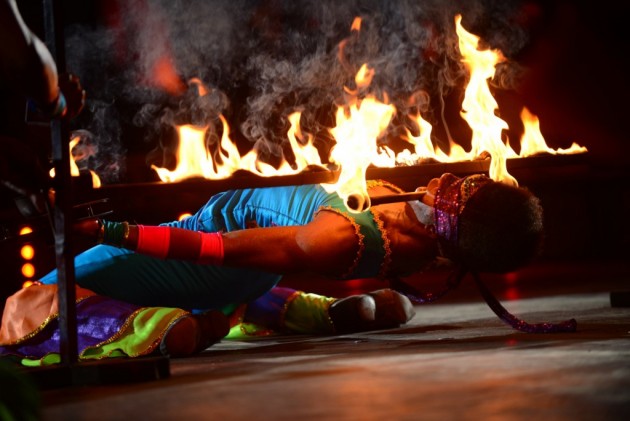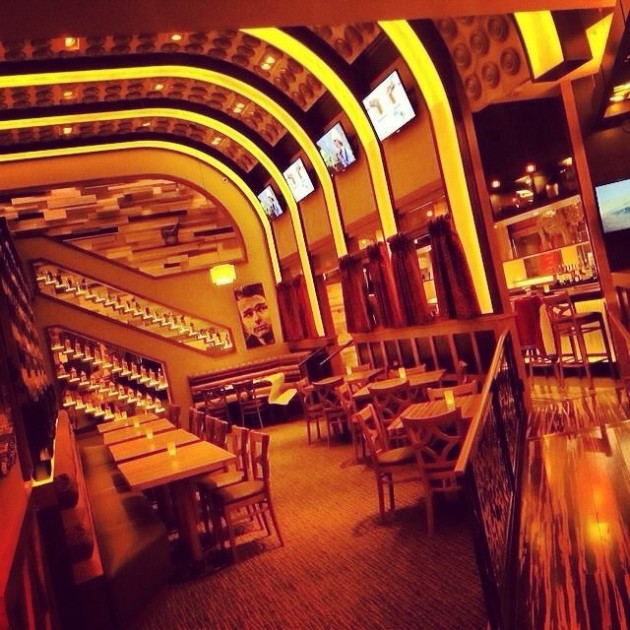The Church of the American Knights of the Ku Klux Klan challenged a New York Law that allows loitering charges against someone who is “masked or in any manner disguised by unusual or unnatural attire or facial alteration” as unconstitutional.
New York’s anti-mask law criminalizes the wearing of masks or disguises by three or more persons in a public place unless done in connection with a masquerade party or like entertainment. Under the current law, wearing a bandana tied around one’s face falls within the scope of the mask prohibition.
Justices without comment rejected an appeal from an offshoot of the KKK whose members wear white robes, hoods and masks.
New York Civil Liberties Union attorney Beth Haroules, representing the church and some church members, told justices that people have been allowed to demonstrate with masks before in New York without facing arrest, according to the AP.
"Even the most reviled members of our society are entitled to the fair and evenhanded application of the law," she wrote in the appeal.
Since 2001, both the New York City Criminal Court and the Second Court of Appeals have held that the anti-mask law is not overtly broad or facially unconstitutional. Both courts have rejected all case-specific challenges that the law was unconstitutional “as applied.” Still, both courts recognize that the law could theoretically be applied in a manner that violates the First Amendment protection of expressive conduct, also referred to as symbolic speech.
The church had lost at the 2nd U.S. Circuit Court of Appeals in New York. “While the First Amendment protects the rights of citizens to express their viewpoints, however unpopular, it does not guarantee ideal conditions for doing so,” the appeals court said in a ruling earlier this year.
The church describes itself as a descendant of the original Klan, and Haroules told the AP that members want to be masked “to reinforce and to convey dramatically its message of white separatism and white pride.”
The Klan members sued for the right to wear masks after a 1999 event in Manhattan in which they assembled without them.
The case is Church of the American Knights of the Ku Klux Klan v. Kelly, 04-223.




